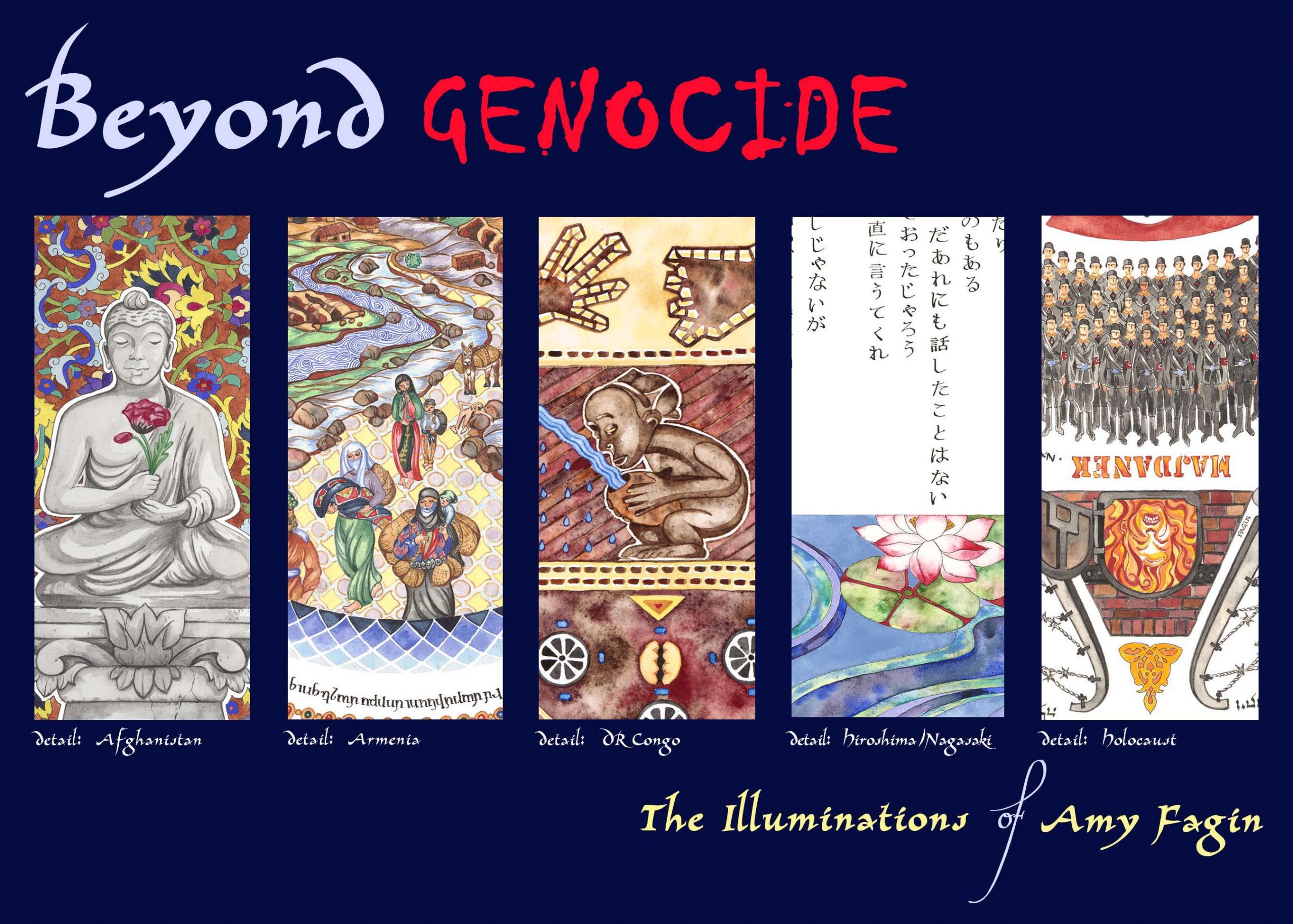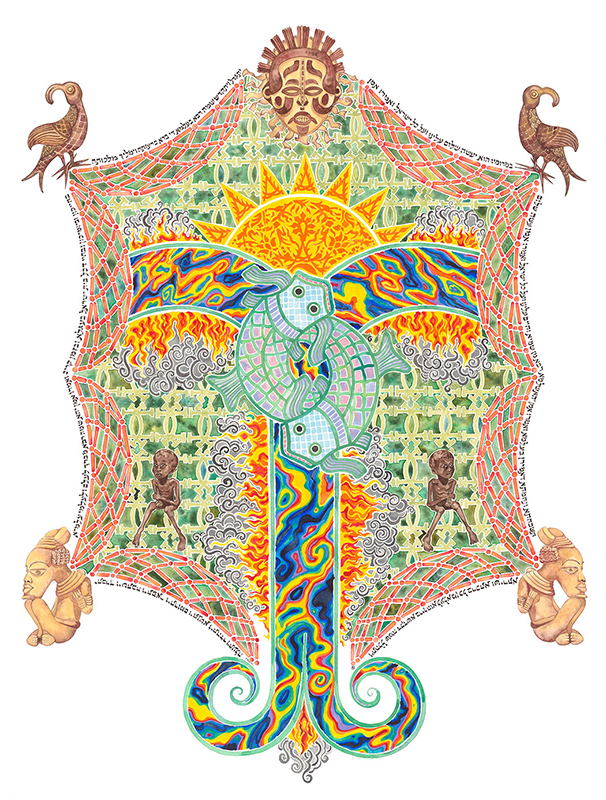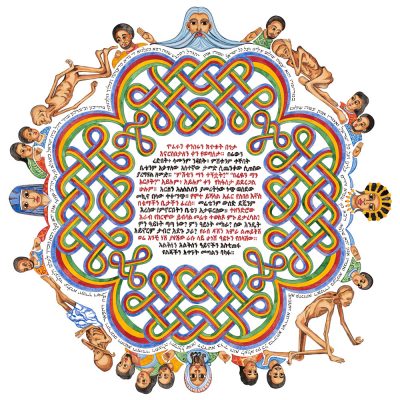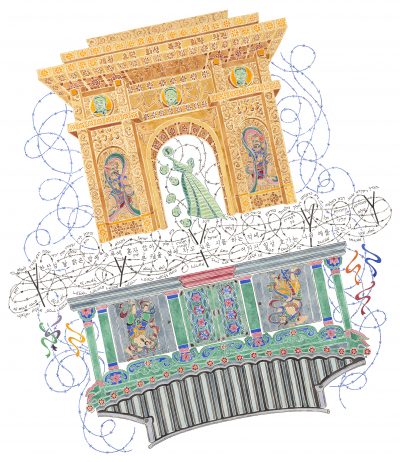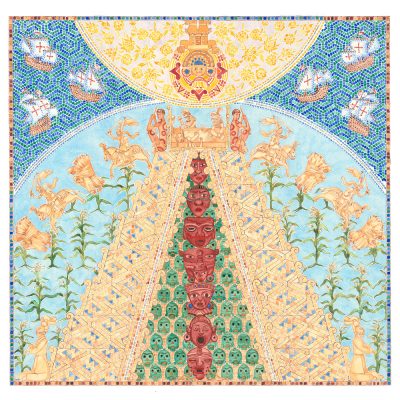Description
The Nigeria-Biafra war that raged between 1967 and 1970 made headlines around the world, above all for the major famine caused by the Nigerian state’s (Federal Military Government, FMG) blockade of the self-proclaimed separatist Republic of Biafra in the country’s east…When Saro-Wiwa wrote his book: Genocide in Nigeria: the Ogoni tragedy, its main point was not to accuse the Igbo-Biafrans of dominating and killing the river peoples of the Niger delta, during the war His target was the Nigerian state and foreign oil companies, especially Shell British Petroleum, for plundering the delta peoples’ resources, despoiling their environment and attacking them when they protested. Saro-Wiwa was himself and other were executed by the state on trumped-up charges in 1995. Despite government oppression various delta protest and liberation movements continue to resist this form of internal colonialism, and now make common cause with their erstwhile enemy, the Biafrans, in the form of MASSOB…Whether the massacres, bombings and famine are named as genocide or not, dealing with the history of the war is important for an understanding of the fabric of postcolonial Nigeria and of the international order in which the conflict emerged and unfolded. The Nigeria-Biafra war poses intricate challenges for genocide studies scholars.
The Nigeria-Biafra war: postcolonial conflict and the question of genocide: Lassie Heerten and A. Dirk Moses Journal of Genocide Research Volume 16 Numbers 2-3 June – September 2014
